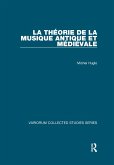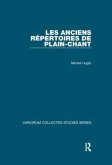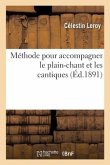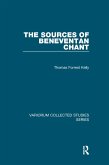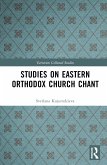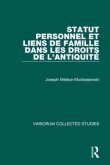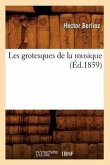The origin and development of Western plainchant, and of the genres of liturgical book in which it is recorded, have occupied Michel Huglo throughout his long career, which has taken him to libraries in every corner of Europe and the United States. This volume, the first in a set of four to appear in the Variorum series, brings together analyses of manuscripts dating from the 9th to the 13th century, including Huglo's pathbreaking studies of the antiphoner of Compiègne, the first troper-prosers, and of alleluia lists as clues to place of origin. The consequences of the Treaty of Verdun (843) for the diffusion of the plainchant repertory, research in medieval musicology in the 20th century, the utility of codicology for musicological manuscript studies, and the critical edition of the Gregorian antiphoner are addressed in other studies included here. Les origines et le développement du plain-chant en Occident et l'étude des genres de livres liturgiques qui le contiennent ont occupé Michel Huglo durant sa longue carrière et l'ont conduit à visiter des bibliothèques partout en Europe et aux Etats-Unis. Ce volume, le premier d'une série de quatre dans la collection Variorum, comprend des analyses de manuscrits du neuvième au treizième siècle, notamment des études novatrices relançant les recherches sur l'antiphonaire de Compiègne, les premiers tropaires-prosaires et les listes d'alleluias comme moyen d'identification des manuscrits de chant. Les conséquences du traité de Verdun (843) pour la diffusion du répertoire de plain-chant, les recherches en musicologie médiévale au XXe siècle, l'application des méthodes de la codicologie à l'étude des manuscrits notés, et l'édition critique de l'Antiphonaire grégorien forment les sujets d'autres études réunies dans ce volume.
'The reproduction is to a high standard throughout, and there can be no doubt that these volumes will quickly prove themselves indispensable to the diverse range of scholars for whom Michel Huglo continues to be a guiding light.' The Library 'Huglo published three books and over two hundred articles on the history and manuscripts of Eastern and Western plainchant, late antique and medieval music theory, and early organum. Eighty of these have been reprinted as a four-volume set in Ashgate's Variorum Collected Studies series, a dazzling display of scholarship on almost all aspects of early medieval music.' AMS Newsletter


